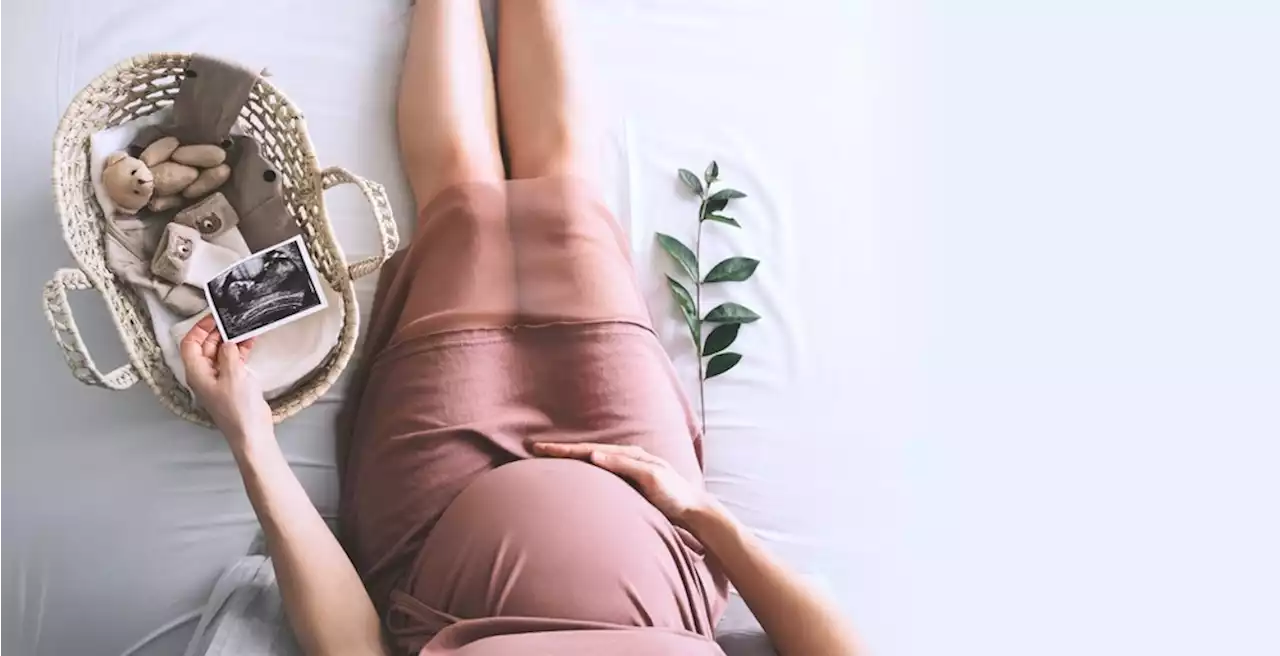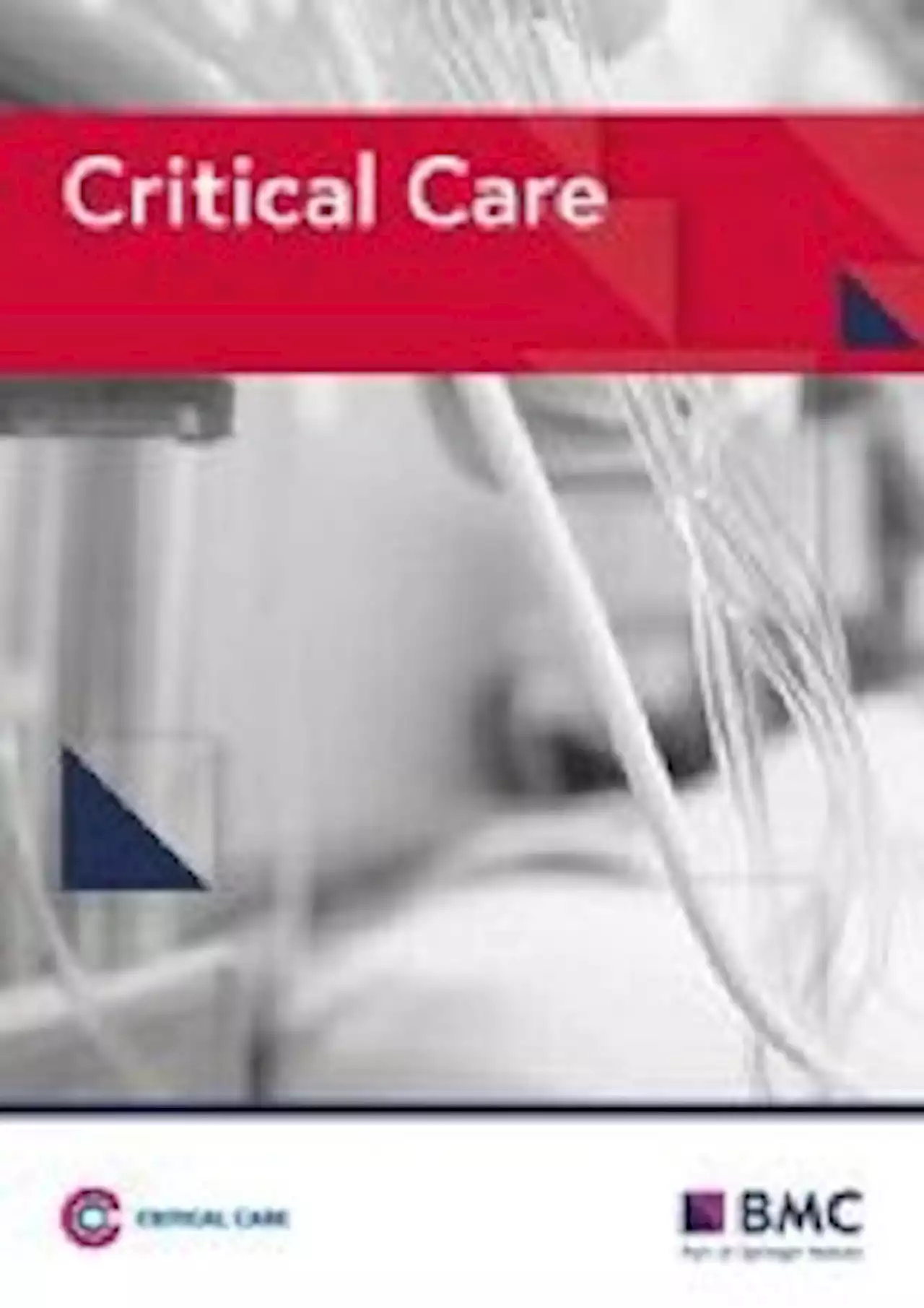Decline in mental health during pregnancy throughout the COVID-19 lockdown period medrxivpreprint SantePubliqueFr SARSCoV2 COVID19 MentalHealth Pregnancy Lockdown
By Dr. Liji Thomas, MDJul 18 2022Reviewed by Aimee Molineux Several researchers have reported significant stress accompanying the lockdown restriction imposed on large populations to hinder the spread of the severe acute respiratory syndrome coronavirus 2 , during the first year of the coronavirus disease 2019 pandemic. This was especially the case during the perinatal period, when many women require additional physical and emotional support.
As a result of these experiences, an early recommendation was made during the ongoing COVID-19 pandemic that pregnant women should be at higher risk of more severe disease from the virus. This led to their being asked to isolate or remain secluded from interactions outside their household for longer periods than the general population.
And finally, this could impact their overall health and that of their children, while also affecting normal infant-maternal bonding. They also asked how a range of emotions, from relief, peace, frustration, and fear to despair, were experienced during the lockdown – more or less intensely than usual. And finally, they were assessed for anxiety symptoms at the second time point, using the Hospital Anxiety and Depression scale .
Findings The mean participant age was 31 years, most had completed their high-school diploma or more, and a third were unemployed or students. A little over a third were employed in low jobs, and almost the same proportion was financially just scraping by. One in five was in financial distress. About 60% of women said they felt more powerless, frustrated, and fearful during the lockdown than they normally would, with most women checking off 3/6 negative feelings related to this period.
Österreich Neuesten Nachrichten, Österreich Schlagzeilen
Similar News:Sie können auch ähnliche Nachrichten wie diese lesen, die wir aus anderen Nachrichtenquellen gesammelt haben.
 Low rate of COVID-19 vaccination among high-risk pregnant womenLow rate of COVID-19 vaccination among high-risk pregnant women Coronavirus Disease COVID WomensHealth Pregnancy UpstateNews UMBaltimore LiebertPub
Low rate of COVID-19 vaccination among high-risk pregnant womenLow rate of COVID-19 vaccination among high-risk pregnant women Coronavirus Disease COVID WomensHealth Pregnancy UpstateNews UMBaltimore LiebertPub
Weiterlesen »
 The potential of circular RNA COVID-19 vaccinesThe potential of circular RNA COVID-19 vaccines Coronavirus Disease COVID RNA circularRNA mRNAvaccines WileyHealth
The potential of circular RNA COVID-19 vaccinesThe potential of circular RNA COVID-19 vaccines Coronavirus Disease COVID RNA circularRNA mRNAvaccines WileyHealth
Weiterlesen »
 What is the impact of lower COVID-19 vaccine doses in younger cohorts?What is the impact of lower COVID-19 vaccine doses in younger cohorts? UofCalifornia SARSCoV2 COVID19 Vaccine Children Adolescents
What is the impact of lower COVID-19 vaccine doses in younger cohorts?What is the impact of lower COVID-19 vaccine doses in younger cohorts? UofCalifornia SARSCoV2 COVID19 Vaccine Children Adolescents
Weiterlesen »
 Reduced desire for pregnancy during COVID-19 pandemicReduced desire for pregnancy during COVID-19 pandemic Coronavirus Disease COVID Pandemic Pregnancy WomensHealth JAMANetworkOpen UCSF UCBerkeley
Reduced desire for pregnancy during COVID-19 pandemicReduced desire for pregnancy during COVID-19 pandemic Coronavirus Disease COVID Pandemic Pregnancy WomensHealth JAMANetworkOpen UCSF UCBerkeley
Weiterlesen »
 Key characteristics impacting survival of COVID-19 extracorporeal membrane oxygenation - Critical CareBackground Severe COVID-19 induced acute respiratory distress syndrome (ARDS) often requires extracorporeal membrane oxygenation (ECMO). Recent German health insurance data revealed low ICU survival rates. Patient characteristics and experience of the ECMO center may determine intensive care unit (ICU) survival. The current study aimed to identify factors affecting ICU survival of COVID-19 ECMO patients. Methods 673 COVID-19 ARDS ECMO patients treated in 26 centers between January 1st 2020 and March 22nd 2021 were included. Data on clinical characteristics, adjunct therapies, complications, and outcome were documented. Block wise logistic regression analysis was applied to identify variables associated with ICU-survival. Results Most patients were between 50 and 70 years of age. PaO2/FiO2 ratio prior to ECMO was 72 mmHg (IQR: 58–99). ICU survival was 31.4%. Survival was significantly lower during the 2nd wave of the COVID-19 pandemic. A subgroup of 284 (42%) patients fulfilling modified EOLIA criteria had a higher survival (38%) (p = 0.0014, OR 0.64 (CI 0.41–0.99)). Survival differed between low, intermediate, and high-volume centers with 20%, 30%, and 38%, respectively (p = 0.0024). Treatment in high volume centers resulted in an odds ratio of 0.55 (CI 0.28–1.02) compared to low volume centers. Additional factors associated with survival were younger age, shorter time between intubation and ECMO initiation, BMI | 35 (compared to | 25), absence of renal replacement therapy or major bleeding/thromboembolic events. Conclusions Structural and patient-related factors, including age, comorbidities and ECMO case volume, determined the survival of COVID-19 ECMO. These factors combined with a more liberal ECMO indication during the 2nd wave may explain the reasonably overall low survival rate. Careful selection of patients and treatment in high volume ECMO centers was associated with higher odds of ICU survival. Trial registration Registered in the German Clinical Trials Re
Key characteristics impacting survival of COVID-19 extracorporeal membrane oxygenation - Critical CareBackground Severe COVID-19 induced acute respiratory distress syndrome (ARDS) often requires extracorporeal membrane oxygenation (ECMO). Recent German health insurance data revealed low ICU survival rates. Patient characteristics and experience of the ECMO center may determine intensive care unit (ICU) survival. The current study aimed to identify factors affecting ICU survival of COVID-19 ECMO patients. Methods 673 COVID-19 ARDS ECMO patients treated in 26 centers between January 1st 2020 and March 22nd 2021 were included. Data on clinical characteristics, adjunct therapies, complications, and outcome were documented. Block wise logistic regression analysis was applied to identify variables associated with ICU-survival. Results Most patients were between 50 and 70 years of age. PaO2/FiO2 ratio prior to ECMO was 72 mmHg (IQR: 58–99). ICU survival was 31.4%. Survival was significantly lower during the 2nd wave of the COVID-19 pandemic. A subgroup of 284 (42%) patients fulfilling modified EOLIA criteria had a higher survival (38%) (p = 0.0014, OR 0.64 (CI 0.41–0.99)). Survival differed between low, intermediate, and high-volume centers with 20%, 30%, and 38%, respectively (p = 0.0024). Treatment in high volume centers resulted in an odds ratio of 0.55 (CI 0.28–1.02) compared to low volume centers. Additional factors associated with survival were younger age, shorter time between intubation and ECMO initiation, BMI | 35 (compared to | 25), absence of renal replacement therapy or major bleeding/thromboembolic events. Conclusions Structural and patient-related factors, including age, comorbidities and ECMO case volume, determined the survival of COVID-19 ECMO. These factors combined with a more liberal ECMO indication during the 2nd wave may explain the reasonably overall low survival rate. Careful selection of patients and treatment in high volume ECMO centers was associated with higher odds of ICU survival. Trial registration Registered in the German Clinical Trials Re
Weiterlesen »
 Survey explores the experiences of individuals with long COVIDSurvey explores the experiences of individuals with long COVID goUFV UCalgary COVID19 coronavirus covid longcovid
Survey explores the experiences of individuals with long COVIDSurvey explores the experiences of individuals with long COVID goUFV UCalgary COVID19 coronavirus covid longcovid
Weiterlesen »
